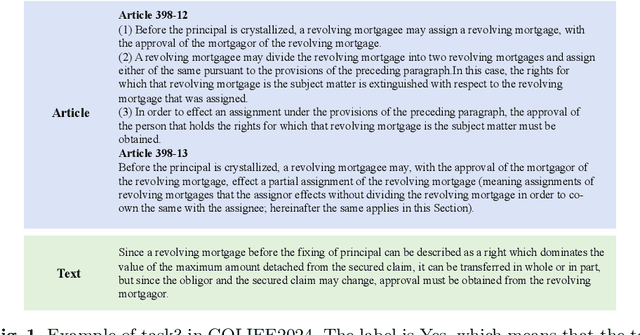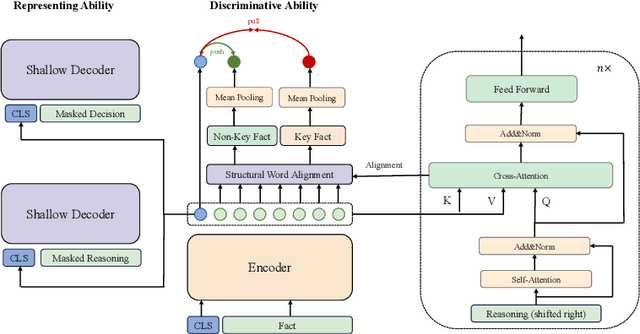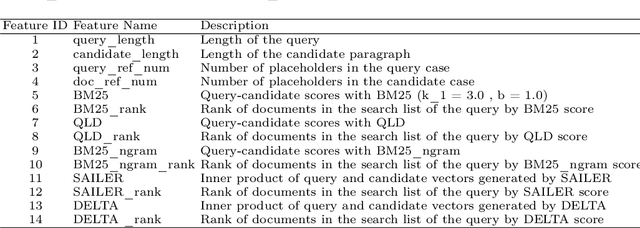Shuai Huo
Neural B-frame Video Compression with Bi-directional Reference Harmonization
Nov 12, 2025Abstract:Neural video compression (NVC) has made significant progress in recent years, while neural B-frame video compression (NBVC) remains underexplored compared to P-frame compression. NBVC can adopt bi-directional reference frames for better compression performance. However, NBVC's hierarchical coding may complicate continuous temporal prediction, especially at some hierarchical levels with a large frame span, which could cause the contribution of the two reference frames to be unbalanced. To optimize reference information utilization, we propose a novel NBVC method, termed Bi-directional Reference Harmonization Video Compression (BRHVC), with the proposed Bi-directional Motion Converge (BMC) and Bi-directional Contextual Fusion (BCF). BMC converges multiple optical flows in motion compression, leading to more accurate motion compensation on a larger scale. Then BCF explicitly models the weights of reference contexts under the guidance of motion compensation accuracy. With more efficient motions and contexts, BRHVC can effectively harmonize bi-directional references. Experimental results indicate that our BRHVC outperforms previous state-of-the-art NVC methods, even surpassing the traditional coding, VTM-RA (under random access configuration), on the HEVC datasets. The source code is released at https://github.com/kwai/NVC.
Towards an In-Depth Comprehension of Case Relevance for Better Legal Retrieval
Apr 01, 2024



Abstract:Legal retrieval techniques play an important role in preserving the fairness and equality of the judicial system. As an annually well-known international competition, COLIEE aims to advance the development of state-of-the-art retrieval models for legal texts. This paper elaborates on the methodology employed by the TQM team in COLIEE2024.Specifically, we explored various lexical matching and semantic retrieval models, with a focus on enhancing the understanding of case relevance. Additionally, we endeavor to integrate various features using the learning-to-rank technique. Furthermore, fine heuristic pre-processing and post-processing methods have been proposed to mitigate irrelevant information. Consequently, our methodology achieved remarkable performance in COLIEE2024, securing first place in Task 1 and third place in Task 3. We anticipate that our proposed approach can contribute valuable insights to the advancement of legal retrieval technology.
Towards Hybrid-Optimization Video Coding
Jul 12, 2022



Abstract:Video coding is a mathematical optimization problem of rate and distortion essentially. To solve this complex optimization problem, two popular video coding frameworks have been developed: block-based hybrid video coding and end-to-end learned video coding. If we rethink video coding from the perspective of optimization, we find that the existing two frameworks represent two directions of optimization solutions. Block-based hybrid coding represents the discrete optimization solution because those irrelevant coding modes are discrete in mathematics. It searches for the best one among multiple starting points (i.e. modes). However, the search is not efficient enough. On the other hand, end-to-end learned coding represents the continuous optimization solution because the gradient descent is based on a continuous function. It optimizes a group of model parameters efficiently by the numerical algorithm. However, limited by only one starting point, it is easy to fall into the local optimum. To better solve the optimization problem, we propose to regard video coding as a hybrid of the discrete and continuous optimization problem, and use both search and numerical algorithm to solve it. Our idea is to provide multiple discrete starting points in the global space and optimize the local optimum around each point by numerical algorithm efficiently. Finally, we search for the global optimum among those local optimums. Guided by the hybrid optimization idea, we design a hybrid optimization video coding framework, which is built on continuous deep networks entirely and also contains some discrete modes. We conduct a comprehensive set of experiments. Compared to the continuous optimization framework, our method outperforms pure learned video coding methods. Meanwhile, compared to the discrete optimization framework, our method achieves comparable performance to HEVC reference software HM16.10 in PSNR.
 Add to Chrome
Add to Chrome Add to Firefox
Add to Firefox Add to Edge
Add to Edge